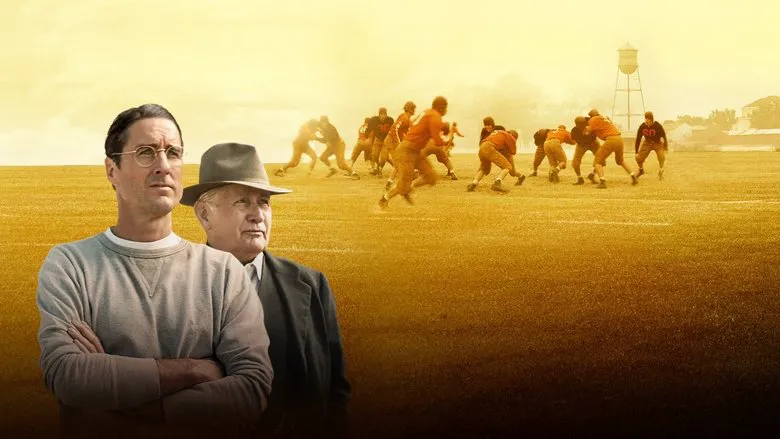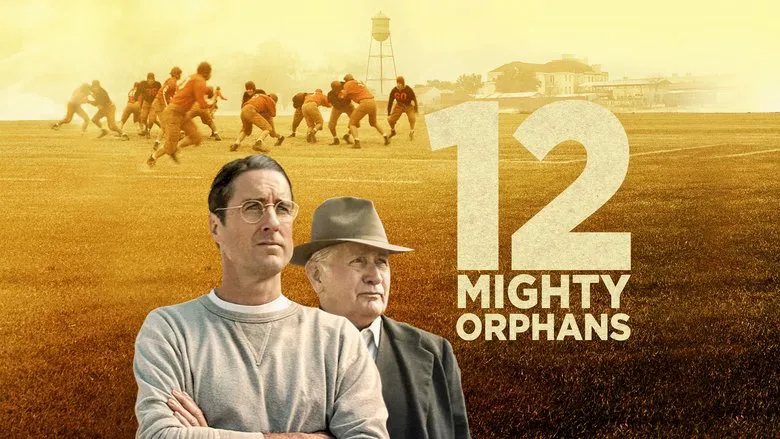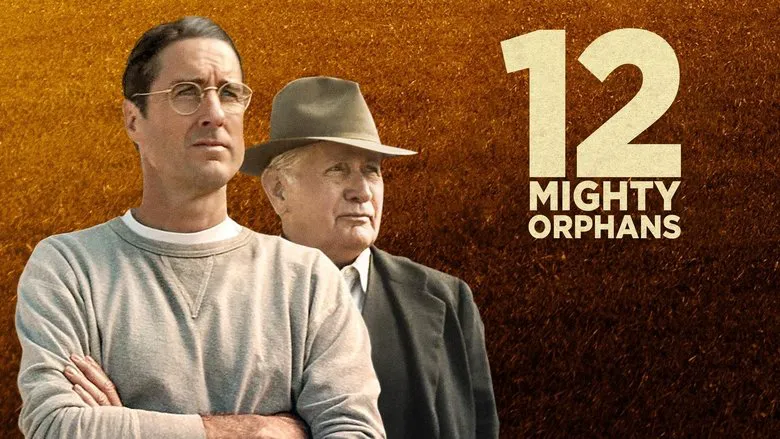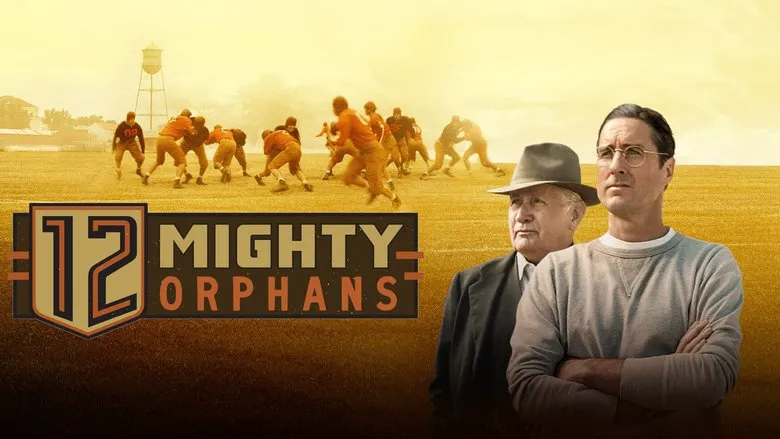The Unwavering Mirror: An Enduring Look at “12 Angry Men”
From its initial release, Sidney Lumet’s “12 Angry Men” immediately asserted itself not merely as a film, but as a seminal cinematic experience. This iconic legal drama has since indelibly carved its place in the annals of filmmaking history, captivating audiences with its exceptionally gripping plot, profoundly resonant themes, and a series of utterly stellar, committed performances. Far transcending the conventional boundaries of a mere courtroom spectacle, the film emerges as a searing, insightful exploration of the fundamental facets of human nature itself — a meticulous deconstruction of justice, the pervasive influence of prejudice, and the weighty mantle of individual responsibility that each member of society carries.

A Human Pressure Cooker: The Heart of the Deliberation
The genius of “12 Angry Men” lies significantly in its remarkably minimalist setting. The narrative unfolds almost entirely within the stifling confines of a single, claustrophobic jury deliberation room, where twelve strangers are thrust together, entrusted with the solemn and formidable task of determining the fate of a young man accused of parricide. At the outset, the consensus appears overwhelmingly clear: eleven of the twelve jurors are convinced of the defendant’s guilt, seemingly assured in their swift verdict. However, a solitary figure, Juror #8, stands firm with an unsettling yet undeniable flicker of reasonable doubt. What ensues is a masterclass in psychological interplay: as the deliberations intensify, often spiraling into passionate arguments and raw confrontations, this lone dissenter meticulously employs an arsenal of logic, reason, and painstaking questioning to challenge preconceived notions and gradually, painstakingly, sway the opinions of the others, thereby irrevocably altering the very trajectory of the case and, potentially, an innocent life.

Narrative Brilliance and Profound Thematic Depths
The intrinsic brilliance of “12 Angry Men” is deeply rooted in its audacious narrative structure and its unapologetically profound thematic exploration. The conscious decision to limit the film’s setting to a single, unyielding room, coupled with its mesmerizingly compelling dialogue and the relentless intensity of the debates that erupt, meticulously crafts a palpable sense of pressure, urgency, and claustrophobic tension. This unique spatial confinement effectively pulls the audience not merely into the story, but right into the very crucible of the jury’s arduous deliberations, making us privy to every doubt, every outburst, every flicker of understanding. Such an immersive and character-driven narrative approach demanded nothing short of exceptional skill and visionary artistry from both its screenwriter and director, Reginald Rose and Sidney Lumet respectively, along with an outstanding ensemble acting prowess from its entire cast, each member contributing to the complex tapestry of personality and prejudice.

Justice, Prejudice, and the Indomitable Power of Dissent
At its heart, “12 Angry Men” fearlessly delves into the enduring, often thorny, themes of justice and fairness, meticulously contrasting the potentially insidious phenomenon of groupthink against the vital integrity of individual responsibility. It unflinchingly exposes various forms of societal bias and, most pointedly, instances of racial prejudice that were regrettably prevalent, and often overlooked, during the era it was set. Each of the twelve jurors is meticulously crafted to represent a distinct voice, a unique perspective, and often, a particular societal archetype. Their initially clashing viewpoints, borne out of personal history and ingrained biases, are slowly, painstakingly, brought to a consensus through argument and introspection. This challenging process brilliantly underscores the intricate complexities and vibrant diversity inherent in human thought, simultaneously serving as a potent cautionary tale about the potential for group dynamics to overpower and compromise individual judgment, leading to miscarriages of justice. The film subtly, yet powerfully, cautions against the perilous interference of personal biases and pre-judgment in the sacred pursuit of a fair trial.

Reason Versus Emotion: The Decisive Scales of Justice
A central conflict, and a pivotal thematic underpinning of “12 Angry Men,” is its powerful emphasis on the indispensable interplay between dispassionate rational thinking and astute emotional awareness within the decision-making process. The film masterfully illustrates how individual jurors, influenced by their own life experiences, frustrations, and ingrained prejudices, are inclined to render judgment based purely on highly subjective emotional perceptions or immediate gut feelings. In stark contrast, others vehemently insist upon a rigorous adherence to rational analysis and the unyielding framework of logical reasoning. This profound dichotomy not only heightens the film’s already intense dramatic tension but also incites the audience to profoundly reflect on the challenging ethics of how we, as individuals and as a society, navigate the complex terrain of critical decision-making, particularly when faced with issues of profound moral and legal consequence. It asks us to question whether we allow personal feelings to cloud our judgment, or if we strive for an objective assessment of the facts.

A Timeless Masterpiece of Enduring Relevance
Beyond its immediate gripping narrative, “12 Angry Men” remains an enduring cinematic classic that unquestionably merits repeated and attentive viewings. Through its unparalleled narrative economy, its deep dive into evergreen human and societal themes, and its breathtaking ensemble performances, it illuminates the intricate underlying considerations and the monumental significance of the legal system, prompting a reconsideration of its foundational principles.

This powerful film offers a far deeper, more nuanced understanding of judicial fairness and actively encourages us, as viewers, to critically reflect on our own innate capacity to remain rational, impartial, and empathetic when confronted with analogous situations in our lives. Whether you are a seasoned legal professional seeking to revisit a foundational text, a student of human psychology, or simply a casual viewer in search of profound storytelling, “12 Angry Men” offers an inexhaustible wellspring of deep insights, powerful inspiration, and a chillingly relevant reminder of how fragile, yet how crucially important, the wheels of justice truly are. Its themes resonate as strongly today as they did upon its release, proving its status as a quintessential work of art that captures the essence of human deliberation under pressure.